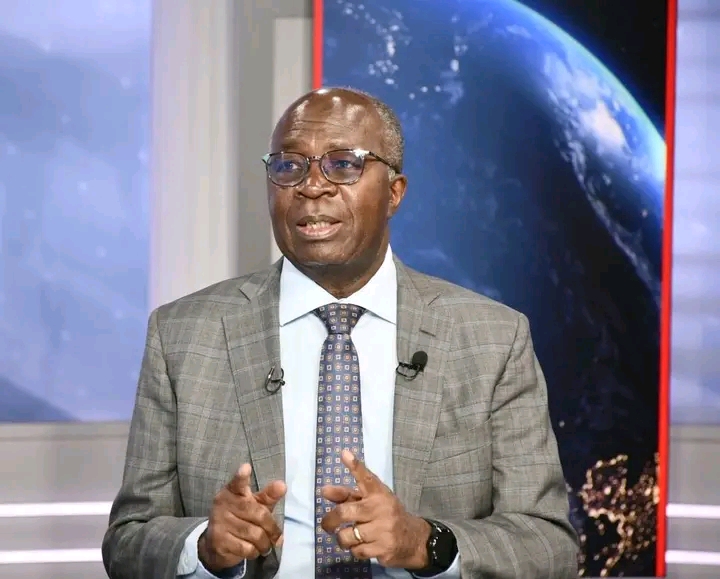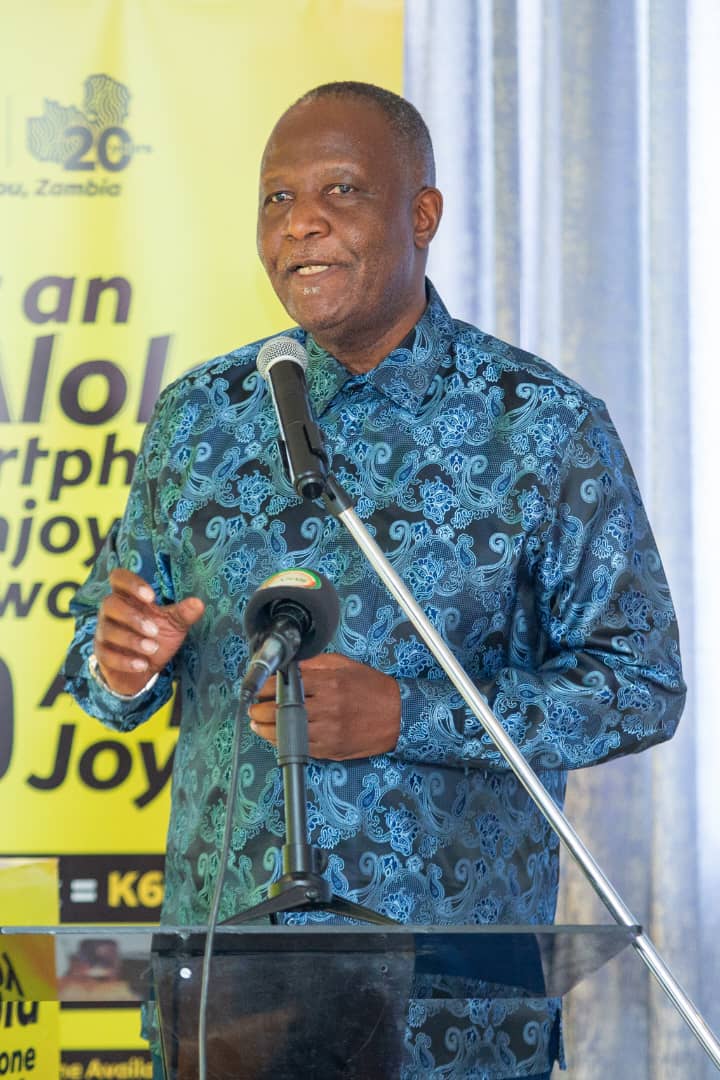By John Chola
The government of the Republic of Zambia and the IMF have reached a Staff-Level-Agreement on economic policies and reforms following the
successful third review of the Extended Credit Facility (ECF) Programme.
According to the Secretary to the Treasury, Felix Nkulukusa, this Staff Level Agreement includes a request made by government to access an additional 30 percent of quota (SDR293.46 Million or $388 Million) to preserve macroeconomic stability and support response to external shocks.
The Staff Level Agreement, subject to
approval by the IMF Executive Board, will guide program implementation for the next 12 months and trigger the fourth disbursement of about $187 Million, upon approval.
The IMF noted that the ongoing drought has created a more challenging economic
environment and therefore commended Zambia for targeting emergency relief to the most vulnerable while sustaining fiscal consolidation efforts to restore debt sustainability, tighten monetary policy to curb inflation while maintaining exchange rate flexibility, and strive to create an environment that promotes private sector development.
Commenting on the development, Finance and National Planning Minister Dr Situmbeko Musokotwane thanked the IMF Mission to Zambia for completing the third programme review which has culminated into a Staff Level Agreement for the Extended Credit Facility
Programme.
“I further wish to thank the Fund for considering our request for additional financing to respond to the ongoing drought that has created a more challenging economic environment,” he said.
The Staff Level Agreement is a testament to Zambia’s determination to rebuild macroeconomic and debt sustainability as well as its ongoing efforts to conclude the debt restructuring process within IMF Programme parameters.
Dr. Musokotwane was happy that the IMF acknowledges the efforts Government is making to revitalise Zambia’s economy and achieve sustainable growth.
The IMF fielded a mission to Zambia from April 24 to May 7, 2024, as part of the third review of the Extended Credit Facility Programme. Discussions continued virtually and have now been concluded.
And at the conclusion of the discussions, IMF staff team leader, Mercedes Vera Martin,
Said in the context of significant macroeconomic challenges that have become more complex to manage due to the severe drought, staff also considered the authorities’ request for an augmentation of the IMF’s financial support to Zambia from the approved SDR 978.2 million (about $1.3 billion) to SDR 1,271.66 million (about $1.7 billion). Once approved by IMF Management and completed by the Executive Board, Zambia will have immediate access to SDR 433.34 million.
She said the 2024 outlook has worsened due to the drought with GDP growth now projected at 2.3 percent, half the forecast in December 2023 while agriculture production is expected to contract by 19 percent. Power outages will hinder manufacturing activity while copper production is expected to recover more gradually than initially envisaged.
Ms Vera Martin further said inflation, at 14.7 percent in May, is projected to remain elevated as the medium-term outlook remains favorable, supported by expanding mining production and restored debt sustainability.
“Our discussions on policies and reforms revolved around four pillars.
“First, the revised 2024 Budget will seek to reprioritize spending to accommodate emergency relief for one million additional households. Additional external support will help finance a temporary expansion of emergency social cash transfers, with existing beneficiaries temporarily receiving double the current transfer value. Publishing all drought-related government contracts will support accountability amid limited financing options.”
“Second, fiscal consolidation will remain paramount to restore debt sustainability. The authorities committed to maintaining fiscal prudence over the medium term and considering additional domestic revenues, including by rationalizing tax exemptions, and improving tax compliance and administration. Better cash and liability management, improved expenditure and commitment controls, and enhanced decentralization efforts will also help reduce financing needs,” she said.
She said the third, monetary policy will need to remain appropriately tight, while allowing the exchange rate to play its role as a shock absorber. With inflation still outside the target band, the Bank of Zambia will remain vigilant in curbing inflation toward the 6-8 percent target band. Improving the monetary transmission will help develop interbank money markets. The Bank of Zambia will continue strengthening banking supervision, including by developing an effective deposit insurance scheme and reviewing the financial services framework.
“Finally, scaling up structural reforms’ implementation to level the playing field for all is key for the economic recovery and much-needed economic diversification. Greater transparency in the energy sector will be crucial to maximizing competition in the use of the oil pipeline, reducing fuel costs, and refraining from reintroducing fuel subsidies. Enacting the Access to Information Bill, enhancing the transparency of State-Owned Enterprises, and adopting anti-corruption legislation will strengthen governance and public accountability,” she said.
She said the IFM looked forward to the bilateral agreements for the implementation of the agreed debt treatment with official creditors.
She also welcomed Zambia’s progress in reaching an agreement with bondholders and ongoing discussions with other private creditors to agree on a debt treatment in line with program parameters and with comparability of treatment as defined by the official creditors.
“The IMF staff team would like to thank the authorities for the constructive dialogue, warm hospitality, and strong cooperation to finalize the reform package in support of the completion of the third review. A Board meeting is expected by the end of June,” Vera Martin said.








